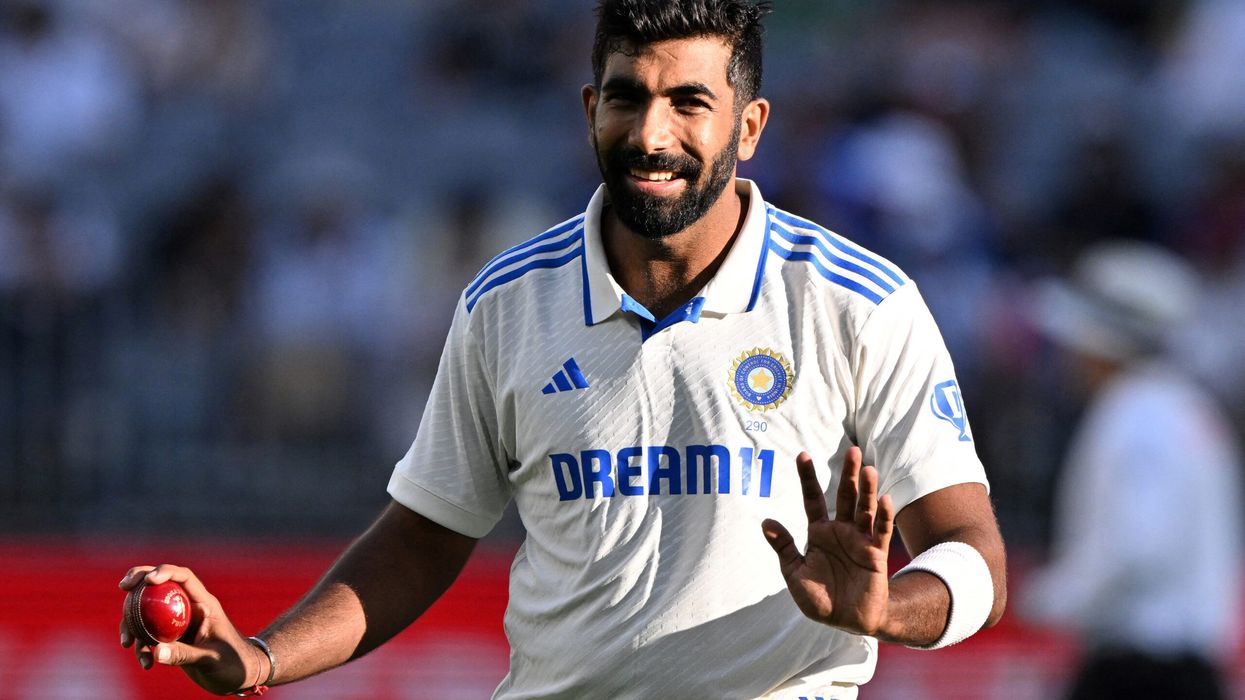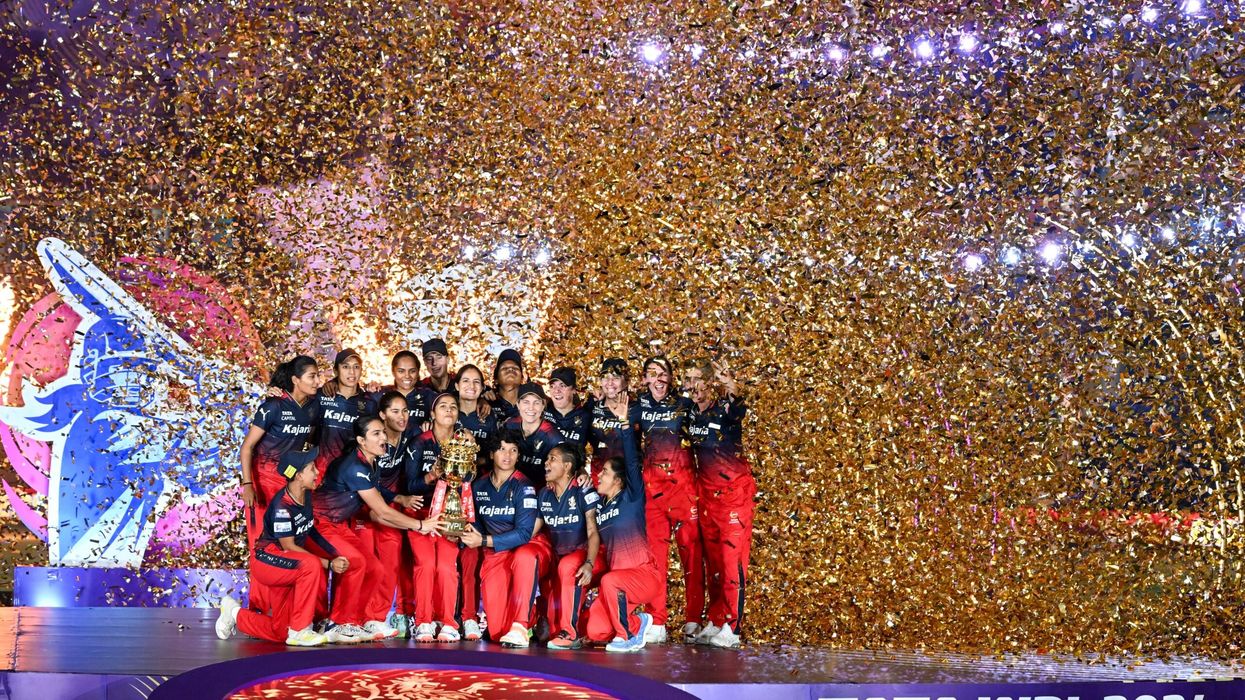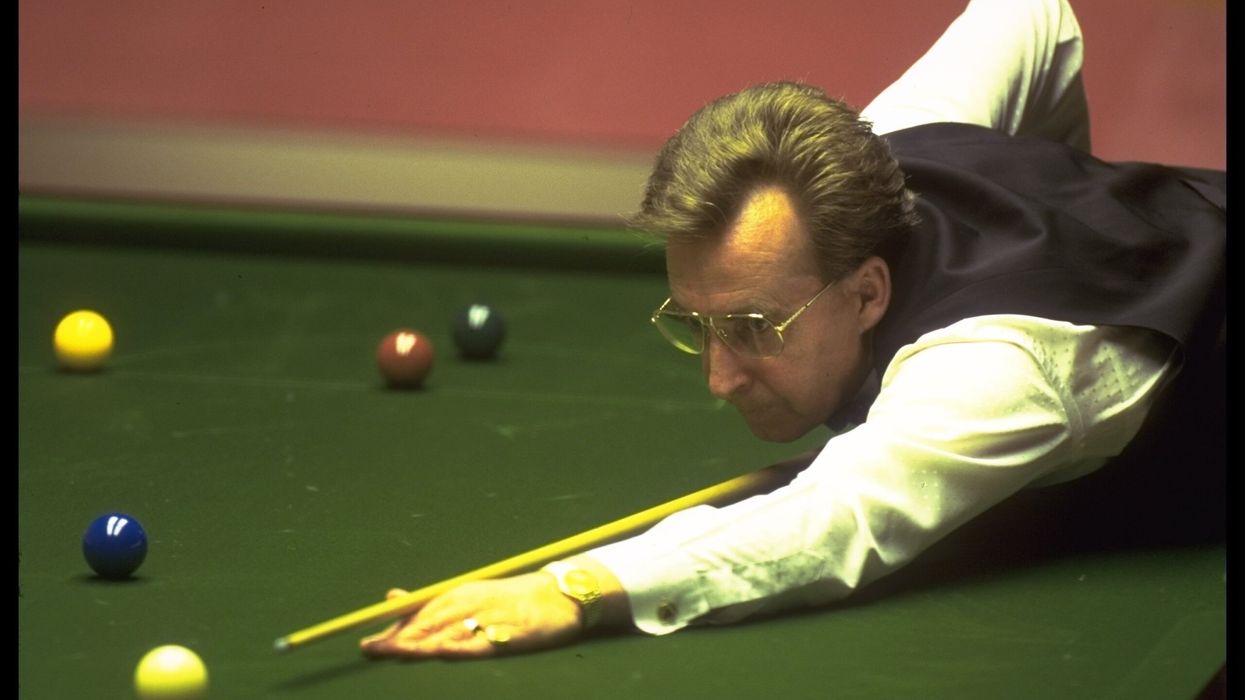ENGLISH football clubs have been shown a yellow card by campaigners over a lack of progress after failing to meet their hiring targets for south Asian coaches.
Recent data from the Football Association (FA) showed the 53 clubs signed up to the Football Leadership Diversity Code (FLDC) collectively failed to meet any of the eight recruitment quotas.
Senior leadership hiring of black, Asian and mixed heritage candidates is set at 15 per cent, but clubs achieved just 9.1 per cent. In men’s clubs, the target for new coaching hires from an ethnic minority background was 25 per cent; however, clubs only managed 16 per cent.
Yunus Lunat, a solicitor appointed by the FA as a specialist chairman to its discrimination panel, said the FLDC was launched in a blaze of fanfare and trumpeted as a gamechanger, but “sadly its failure to produce meaningful change and results is another sad indictment for the people’s game”.
Lunat told Eastern Eye: “To be fair, the FA did embrace the code and reviewed their recruitment methods, evidenced by the positive change in the FA workforce.
“There has, however, been a lack of leadership in the Premier League and the English Football League, and its member clubs.
“If clubs keep adopting similar recruitment methods, then the outcomes are unlikely to change. It is not rocket science.”

Lunat also sits on the FA General Appeals Panel and is an equalities tutor for the FA to deliver equalities training to counties, leagues and clubs.
He added he has not seen much, if any, evidence of a change in attitudes and hiring culture by the clubs, who are the major gatekeepers for jobs in football.
“The harsh reality is the football clubs’ understanding of discrimination is limited to abusive behaviour and comments,” he said. “Clubs have never really considered their poor recruitment record as being potentially due to discrimination.
“The fact that only 53 clubs signed up reinforces that view. We only have data from the clubs that signed up, so the actual data is even more depressing.”
Within the 53 clubs, seven per cent of senior leaders and nine per cent of team operations are black, Asian or of mixed heritage. Across the coaching workforce, 13 per cent of coaches and 11 per cent of senior coaches are from an ethnic minority background.
Yashmin Harun BEM, chair of the Muslimah Sports Association and an FA National Game board member, said the decision to make it mandatory for clubs to publicly report their data is something that was called for initially from stakeholders in the game.
She told Eastern Eye: “I am pleased this has now been made mandatory, and although there has been positive growth for diversity across the areas, there is still a lot of work to be done.
“The figures for black, Asian and other ethnic minorities need to be broken down further to grasp a real understanding of where work needs to be focused.
“The FA are working towards a new south Asian inclusion strategy which will hopefully see key stakeholders from across football work towards a common goal of seeing better representation across all areas of football, but with particular focus on the pitch for both the male and female game.” The FA board has now approved a new rule which will make clubs publicly declare their workforce diversity data on age, sex, gender, ethnicity, disability and sexual orientation twice a year from 2024-2025.
Manisha Tailor is assistant head of coaching at the QPR Academy in London, and a member of the charity Sporting Equal’s British Asians for Sporting Excellence (BASE).
She believes there should be transparency and openness in data collection based on agreed key performance indicators.
Tailor said: “Where inclusive practice is carried out with integrity, individual organisations are best positioned to be appropriately challenged and explain the context surrounding their current workforce, without fear or judgement.
“We recognise this isn’t always the case and football must do better regarding representation. “Accountability with consequence will serve as a reminder that everyone is responsible to ensure that recruitment practices are ethical and equitable – the best person for the job should get the job, regardless of a protected characteristic.”
BASE was launched last year and aims to improve elite talent path[1]ways and address concerns and barriers facing British Asians in sport. These include a lack of role models from the Asian community, ignorance of religious and cultural festivals impacting performance and availability, and discrimination in the form of language and selection from coaches and teammates.
Burnley manager Vincent Kompany believes increasing diversity at boardroom level is the key to unlocking change at every other level of the game.

He said: “I’ve always made the point clearly and I think in this day and age it’s even more important – what is the diversity in a boardroom, the levers of power?
“The coaching, you give the job to the best people, but I think the diversity, where it’s really needed is where the power is, that’s what affects everything we’re doing.
“If you have a boardroom that’s diverse, you can’t brush things under the carpet.”
The FA chief executive, Mark Bullingham, admitted the game was making “slower progress” towards diversifying at the executive, operations and coaching level than had been hoped. He believes mandating clubs to report workforce data represents a “critical change for football which futureproofs our approach for years to come”.
“There is no silver bullet to solving these challenges, and we know that this alone will not drive all of the change we want to see,” Bullingham added.
“But publishing who we are, measuring that regularly and setting targets that stretch clubs to do better is a big step forward. It will be for clubs to set their own targets based on local factors, but it will help provide a clear statement that football is tack[1]ling diversity head-on.”




